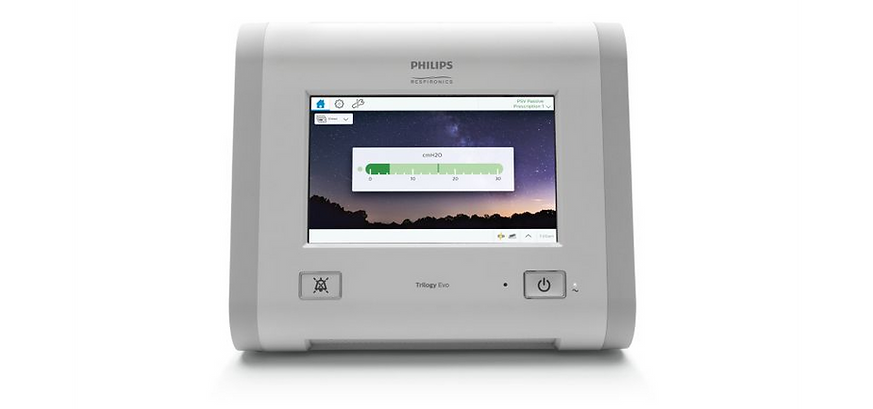Product Liability and Patient Safety: The Philips Evo Ventilator Recall
 Recent recalls by Philips have highlighted the importance of product liability and patient safety in the healthcare sector. The latest recall involves approximately 57,000 Evo ventilators due to issues with the machines’ air flow sensors.
Recent recalls by Philips have highlighted the importance of product liability and patient safety in the healthcare sector. The latest recall involves approximately 57,000 Evo ventilators due to issues with the machines’ air flow sensors.
Philips’ Respironics unit has faced a series of recalls since 2021, initially related to soundproofing foam used in its sleep apnea devices and ventilators. The Evo ventilator, designed for hospital and professional care settings, is now undergoing its second Class I recall in recent months. The recent recall, labeled as Class I by the U.S. Food and Drug Administration (FDA), highlights the severity of the issue.
Reasons for Recall
The primary concern identified by Philips is the potential accumulation of debris on the air flow sensors, which can hinder the proper functioning of the Evo ventilators. The FDA has emphasized the importance of regularly changing filters to prevent debris from obstructing the sensors and impeding air flow. This issue was initially considered optional, but Philips later revised its instructions to make filter changes mandatory.
In addition to the current recall, Philips faced recalls for the Evo ventilators in March due to a separate sensor problem and in late 2021 for sound abatement foam issues. The company also recalled its V60 respirators in January. The FDA and Philips are currently investigating the root cause of the latest problem to determine appropriate corrective measures.
The recall affects an estimated 118,000 Evo ventilators worldwide. Philips has acknowledged the issue and has been actively working on resolving it. The company reports that it has produced over 98% of the necessary new devices and repair kits to replace the recalled CPAP and BiPAP machines in its largest recall to date. Furthermore, Philips has already repaired and returned more than 2.3 million devices to consumers and distributors.
Product liability is a critical aspect of the healthcare industry, and incidents like the Philips Evo ventilator recall highlight the potential risks associated with medical devices. Manufacturers have a legal obligation to produce safe and reliable products, and any failure in meeting these standards can result in significant consequences. In this case, patients relying on Evo ventilators may face compromised care and potentially adverse health effects due to malfunctioning devices.
The FDA plays a vital role in monitoring and ensuring the safety and effectiveness of medical devices. Their classification of the Evo ventilator recall as Class I signifies the highest level of severity, indicating the potential for serious harm or even death. It is imperative for manufacturers and regulatory bodies to collaborate closely to identify and address any product issues promptly, thus safeguarding patient well-being.
The voluntary recall of 57,000 Evo ventilators by Philips underscores the importance of product liability and patient safety within the healthcare industry. This incident highlights the need for manufacturers to adhere to stringent quality control measures, conduct thorough testing, and promptly address any identified issues. Regulatory agencies, such as the FDA, play a crucial role in enforcing safety standards and monitoring the market for potential risks. Through continuous improvement and effective collaboration between manufacturers and regulators, the MedTech industry can strive to provide safe and reliable medical devices, ensuring the well-being of patients worldwide.
 New York Personal Injury Attorneys Blog
New York Personal Injury Attorneys Blog


